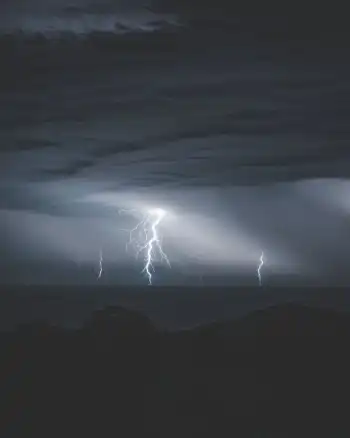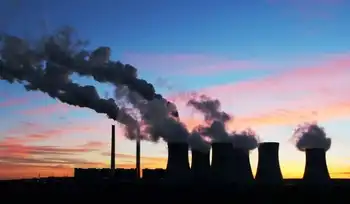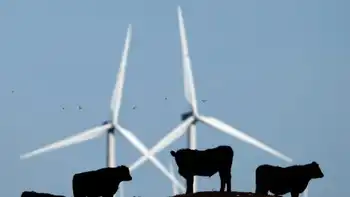California Skirts Blackouts With Heat Wave to Test Grid Again

Electrical Testing & Commissioning of Power Systems
Our customized live online or in‑person group training can be delivered to your staff at your location.

- Live Online
- 12 hours Instructor-led
- Group Training Available
California Heatwave Power Crisis strains CAISO as record demand triggers emergency alerts, demand response, and rolling blackout warnings. PG&E prepares outages while solar fades at peak, drought cuts hydropower, and reliability hinges on conservation.
Key Points
Extreme heat driving record demand in California, straining CAISO and prompting conservation to avert rolling blackouts.
✅ CAISO hit a record 52 GW peak load amid triple-digit heat
✅ Emergency alerts spurred demand response, cutting load spikes
✅ Solar drop and drought-weakened hydro worsened evening shortfall
California narrowly avoided blackouts for a second successive day even as blistering temperatures pushed electricity demand to a record and stretched the state’s power grid close to its limits.
The state imposed its highest level of energy emergency for several hours late Tuesday and urged consumers to turn off lights, curb air conditioners and shut off power-hungry appliances after a day of extraordinary stress on electricity infrastructure as temperatures in many regions topped 110 degrees Fahrenheit (43 Celsius).
Electricity use had reached 52 gigawatts Tuesday, easily breaking a record that stood since 2006, according to the California Independent System Operator. The state issued emergency alerts direct to cell phones in several counties asking for immediate power conservation, and grid data show that demand plunged in response. Emergency measures were finally lifted at about 9 p.m. local time.
Much of California remains under an excessive heat warning through Friday, with authorities already preparing for more severe pressure on the power system on Wednesday amid a looming supply shortage across the grid. “We aren’t out of the woods yet,” Governor Gavin Newsom said in a message posted on his office’s Twitter account. “We will see continued extreme temps this week and if we rallied today, we can do it again.”
The state’s largest power company, PG&E Corp. said earlier Tuesday that it had notified about 525,000 homes and businesses that they could lose power for up to two hours. That warning came as temperatures in downtown Sacramento hit 116 degrees Fahrenheit, topping a previous 1925 record.
Newsom earlier signed an executive order extending until Friday emergency measures to free up additional power supplies, rather than allowing them to expire as planned on Wednesday. Many state buildings were ordered to power down lights and air conditioning at 4 p.m., and he urged residents and businesses to conserve the equivalent of 3 gigawatts of power in order to stave off blackouts.
California's Early Brush With Blackouts Bodes Ill For Days Ahead
The downtown skyline during a heatwave in Los Angeles.Photographer: Eric Thayer/Bloomberg
California faced a similar energy emergency Monday, which was alleviated in part by activating temporary gas-fired power plants operated by the California Department of Water Resources. The current heat wave, which began in the last week of August, is remarkable in both its ferocity and duration, according to officials.
The prospect of outages underscores how grids have become vulnerable in the face of extreme weather as California transitions from fossil fuels to renewable energy, an approach it is increasingly exporting to Western states as well. California's climate policies have aggressively closed natural-gas power plants in recent years, leaving the state increasingly dependent on solar farms that go dark late in the day just as electricity demand peaks. At the same time, the state is enduring the Southwest’s worst drought in 1,200 years, sapping hydropower production.
The average 15-minute wholesale power price in Caiso surged to $1,806 a megawatt-hour at 4:45 p.m. local time, according to the grid operator’s website.
Average day-ahead prices top $300 a megawatt-hour in Southern California
A break from the heat will come across Southern California later this week, thanks to Tropical Storm Kay in the Pacific Ocean, according to weather officials. Kay is forecast to edge up the coastline of Mexico’s Baja California peninsula. As it moves north, the storm will pump moisture and clouds into Southern California and Arizona, taking an edge off the heat.











